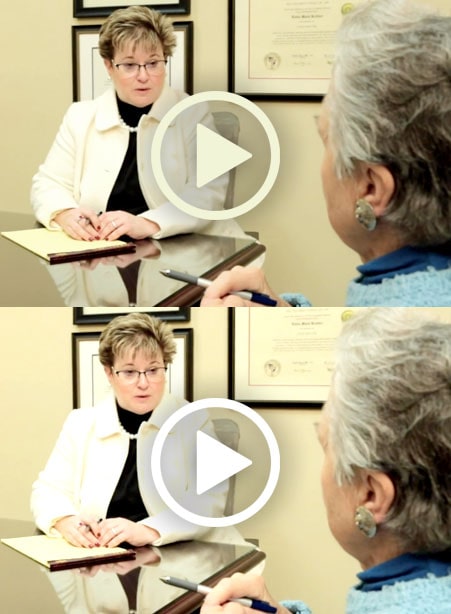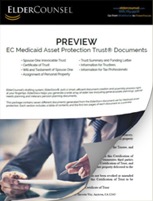Norwood Wills Lawyer
Distribute Your Estate Your Way
A common misconception is that a will and an estate plan are the same thing. The last will and testament is no doubt an essential piece of an estate plan, but it cannot accomplish everything that an estate plan should. Nevertheless, the will is an excellent place to start. The estate planning attorneys at Fisher Law LLC can draft a legally valid and enforceable will that meets your needs. We can also update or revise an existing will or revoke an outdated will and replace it with one that reflects your current goals and desires. Call our Norwood wills lawyers to talk about wills and get professional assistance with your will.
What a Will Can Do for You
You probably already know the main purpose of a will – to distribute the contents of your estate to your loved ones after you die. If you don’t have a will when you pass, you are considered to have died “intestate,” in which case Massachusetts law takes over and distributes your property to family members as set out in the law, regardless of whether you would have done things differently. A will tells the probate court exactly how you want your estate divided among your family, as well as other people (friends, caregivers) or institutions (schools, hospitals, charities, religious organizations) you wish to leave a legacy for.
Although you can also transfer your property to others outside of a will through other means, such as trusts, joint bank accounts and jointly titled property, the will is an effective way to deal with all of your property in one place. Creating separate trusts to make individual gifts to many different people would be cumbersome and expensive. Not only can the will make multiple gifts to multiple people in one document, but it can also contain a “catch-all” provision to make sure any property that got left out of a trust, for instance, is included and dealt with according to your wishes.
You can also use a will to name an adult family member or other person to look after any minor children who might be left behind if you die unexpectedly. Without such a provision in a will, the court might be forced to appoint a guardian for your kids in a separate legal proceeding. This creates an additional expense for the estate and means your children could go without their caregiver for a longer period until the guardianship is established. Also, you’ll have no say on who the court appoints as a guardian and what powers they give that person over your child.
Finally, you can also use a will to name the person who will serve as the executor or personal representative of your estate. You want someone who will perform this job faithfully and diligently. If you don’t express your desire in a will, the court appoints someone to serve as the personal representative, who is entitled to a fee from the estate, without regard to whether you would want this person administering your final affairs.
What a Will Can’t Do
While a will can distribute the entire contents of your probate estate if you want it to, as well as name a guardian for your minor children and a personal representative for your estate, there are some key aspects of estate planning that cannot be taken care of with a will. For this reason, it’s important not to think that making a will and planning your estate is the same endeavor or that making a will is the only action you need to take to complete your estate plan. Here are a couple of things a will cannot do, and how you can address these matters in other ways.
Plan for Incapacity
Estate planning isn’t only about what happens to your property after you die. You also want to make sure you are taken care of during your lifetime if you become unable to take care of things yourself. A will is only effective after you are gone. If you become incapacitated due to an injury or illness, or simply due to aging, you will want to have legal documents in place to help you deal with your situation. A durable power of attorney can direct other people of your choosing to handle your financial and legal affairs for you until you regain capacity, such as paying bills and managing investments on your behalf. A health Care proxy lets others know how you want your healthcare managed and appoints a person(s) of your choosing to make medical decisions on your behalf.
Without these documents in place, family members will be left to agonize over decisions or fight among themselves, and the court could be forced to impose a guardianship or conservatorship over your personal care and finances. Fisher Law LLC will make sure you have the right documents in place to cover you in the event of a temporary period of incapacity or at the end of life, so you and your estate will be cared for the way you want by people whom you trust.
Avoid Probate
Before it can be used, a will has to be submitted to probate. In probate, a court decides whether the will is valid and supervises the process of distributing assets in accordance with the terms of the will. It can take a year or more to probate an estate. This causes your beneficiaries to have to wait to receive their inheritance and also creates an additional expense that must be paid by the estate. Probate can be avoided or at least minimized by transferring property through means other than a will, such as a revocable living trust.
Avoiding probate is an important subject to think about when creating an estate plan, but it is not the only thing or the most vital issue to consider. The estate planning attorneys at Fisher Law in Norwood will make sure you have the right set of documents and mechanisms along with your will to meet all your estate planning needs.
Help With Wills and Estate Planning in Norwood
Your last will and testament likely won’t be your entire estate plan, but it is a foundational document you cannot afford to be without. Contact Fisher Law LLC to discuss your needs for drafting or revising your will with an experienced and diligent Norwood estate planning attorney.





